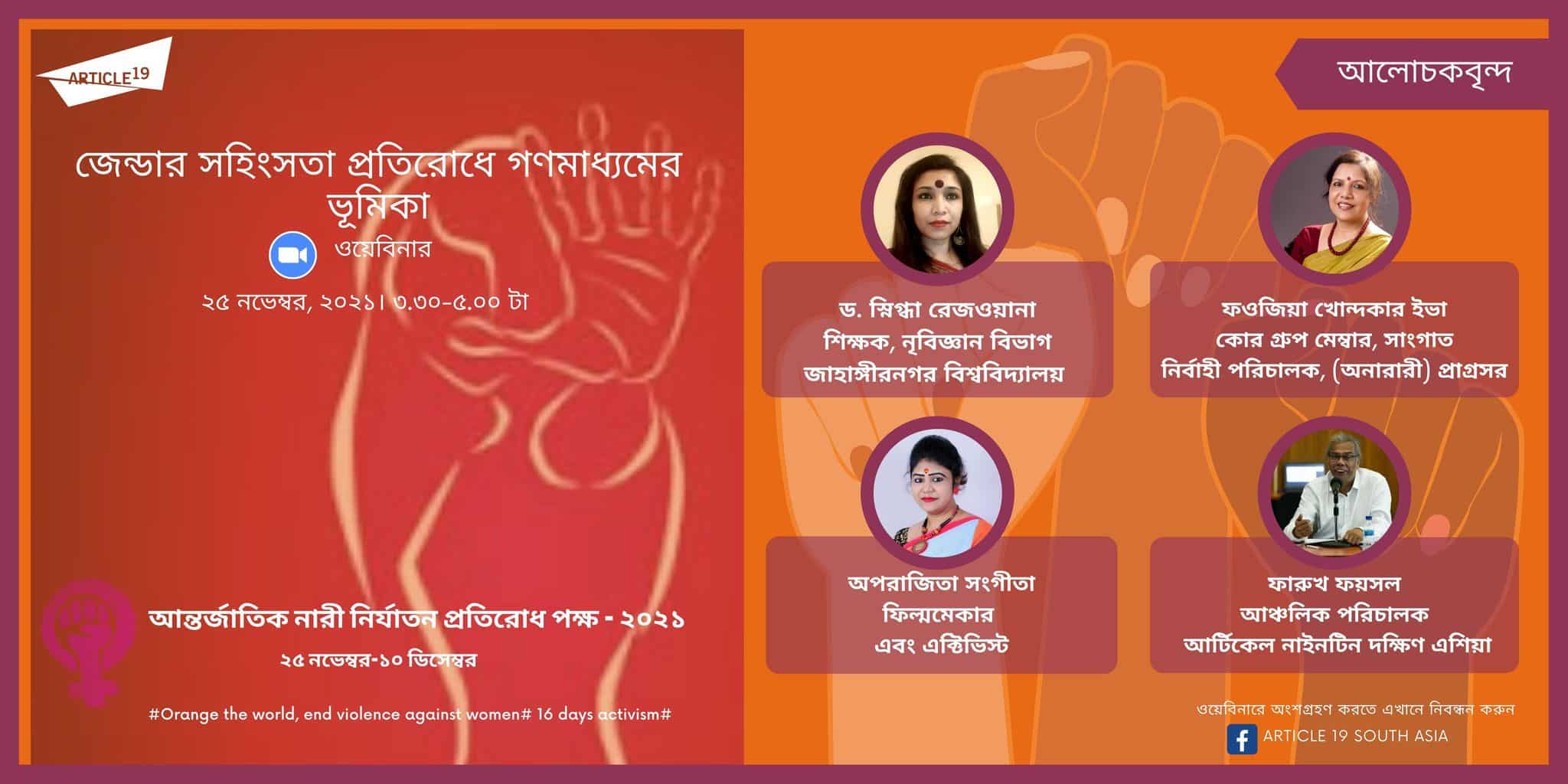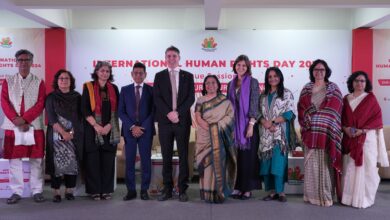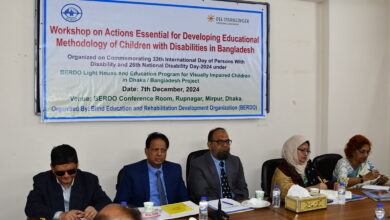ARTICLE 19 Webinar on the Role of Media in Preventing Gender-based violence

On the occasion of the 16 days of activism and International Day for the Elimination of Violence against Women (VAW), ARTICLE 19 today hosted an online discussion with experts and activists on gender-based violence and the systemic VAW issues in Bangladesh.
To raise awareness on the occasion, this year’s United Nations theme is ‘’Orange the World: End Violence against Women Now!’’. Faruq Faisel, Regional Director for ARTICLE 19 South Asia presided over the webinar while Fawzia Khondker Eva, Core Group Member of ‘Sangat’, a feminist network in South Asia, Dr. Snigdha Rezwana, faculty at the Department of Anthropology at Jahangirnagr University and Aparajita Sangita, a human rights activist and an international award-winning independent filmmaker spoke on the event as discussants.
Fawzia Khondker Eva said, ‘Patriarchal mind-set is the main obstacle to women’s development and empowerment, not men. Women and girls are the first victims of poverty, violence and even pandemics due to this mind-set. Everyone, especially the media, must come forward to dispel this misconception.’
Dr. Snigdha Rezwana called for practising sensitivity and ethics in reporting incidents of gender-based violence in the media. She said, ‘Victims are emotionally and socially devastated by the use of inappropriate and sexiest language in describing incidents of rape and violence against women’.
Aparajita Sangita said, ‘Transgender characters are portrayed in a very offensive and negative way in dramas and movies.’ She urged filmmakers, director and ad-maker for television to be more sensitive to gender diversity and sensitivity.
In his speech, Faruq Faisel said, ‘The media must to be more responsible in reporting and broadcasting incidents of gender based violence. For this, the journalists involved in reporting also need training on the use of gender sensitive language.
ARTICLE 19 is an international human rights organization based in the United Kingdom, working in many countries around the world. Founded in 1987, the organization works to ensure freedom of expression and free thought. The rights body started its operations in South Asia in 2008.





